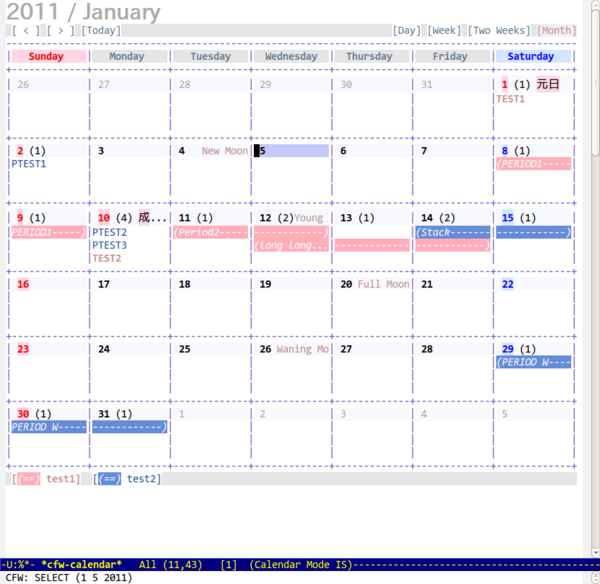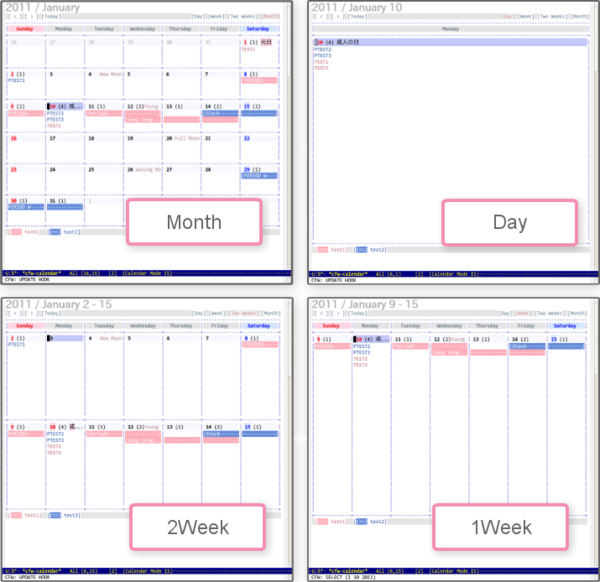In a article titled
In a Bill, Wall Street Shows Its Clout, the
NYT outlined a bill which is winding its way through the US Congress for approval that outlines a fantastic opt-out-if-i-don't-feel-like-paying by Financial firms.
Now, the issue is not the about the firms themselves but the language in the bill.
Some quotes
The provision even allows “retroactive reviews of approved business method patents, allowing the financial services industry to challenge patents that have already been found valid both at the U.S. Patent and Trade Office and in Federal Court,”
...
It covers patents for “a financial product or service” as well as “corresponding apparatus for performing data processing or other operations used in the practice, administration, or management of a financial product or service.”
Basically, it allows firms to challenge and invalidate patents and processes that were already approved by Courts and the Patent Office.
How and why on earth would anyone file for patents then, if this gets through? Imagine, slogging on a very clever solution and that gets usurped by a version of the Greater
Common Good theory (albeit for some vested interest). That a patent allows an inventor a limited monopoly to make money is one key incentive...take away that, what's in it for him?
Please don't say, let them go the trade secret route where it can be reverse engineered in a matter of months.
And of course, there is the massive damage to Patent Firms, companies that have amassed portfolios of patents; their business model is in tatters. Lots of companies make money by simply licensing patents and they'd no longer have a revenue stream from their patents.
It really would be the end of patents.



















